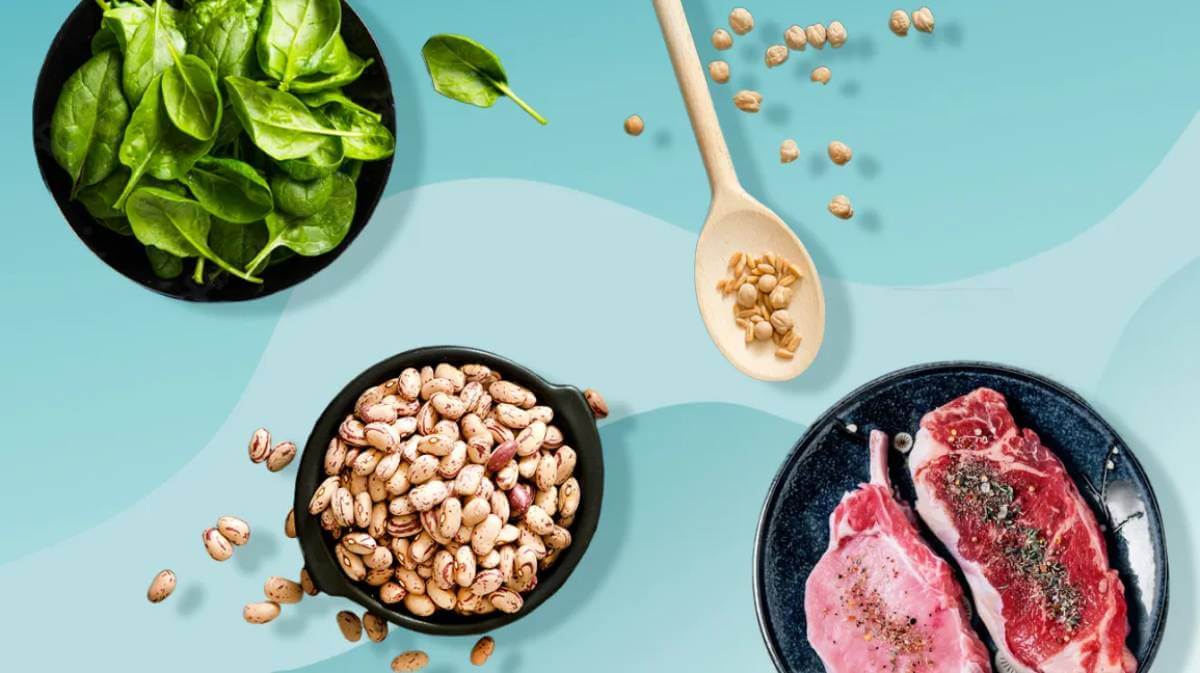As the building blocks of tissue, proteins play a vital role in the body. Proteins can be used as a source of energy for our daily activities.
The degree to which our body can use a protein is called the bioavailability of that protein. High bioavailability is defined as a protein that is easily digested and absorbed and can be converted into less complex essential proteins.
A sufficient amount of proteins in our diet can improve our health. It has many functions, including strengthening immunity, maintaining cellular structure, acting as a catalyst for chemical reactions, maintaining organ structures, and overall growth and development of the body.
Both plants and animals can provide us with enough protein. There’s a lot of debate about which is the best.
Twenty amino acids are essential for the production of proteins. A total of nine of these amino acids cannot be formed by the body. These acids are known as essential amino acids.
Animal proteins are complete sources of protein because they contain all nine essential amino acids. Many plant proteins are incomplete, while others are complete. Combining these incomplete plant protein sources can meet our body’s needs.
Protein-rich sources
In order to meet our body’s requirement for protein, many different sources of animal and plant proteins are available.
-
Animal protein sources
Not all sources of animal proteins are rich in essential protein. Animal proteins rich in essential amino acids include:
- Eggs and poultry products
- Lean meat
- Turkey
- Shellfish, salmon, and other seafood are available.
- Milk and dairy products, such as cheese and yogurt
It is best to avoid processed animal products, such as dried fish or chicken nuggets. They do not provide any health benefits.
-
Plant protein sources
Many plants contain protein that can meet our daily needs:
- Tofu and edamame are soybean products.
- Peanuts are a type of nut.
- Beans and legumes
- Ezekiel bread
- Quinoa
- Buckwheat
- Chia seeds, hemp seeds
- Spirulina
- Wild rice
- Nutritional yeast
A diet that contains a variety can satisfy our needs. A diet containing various proteins can help reduce the risk of many diseases. Add good sources of protein to your diet, and you will be fit and healthy.


